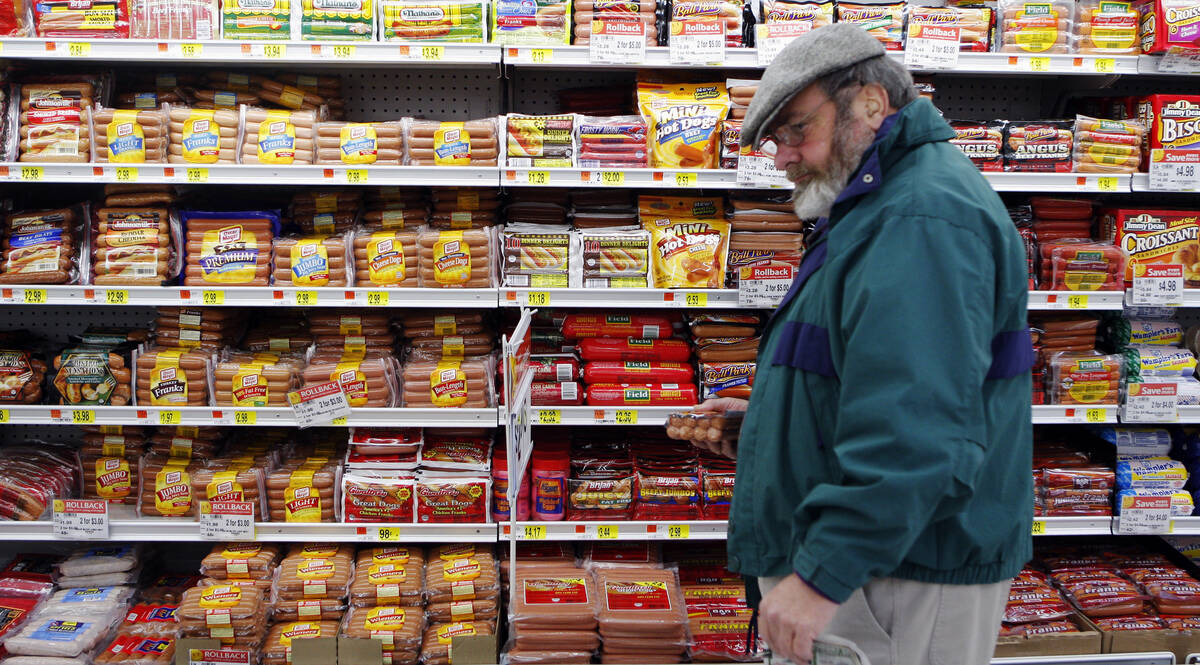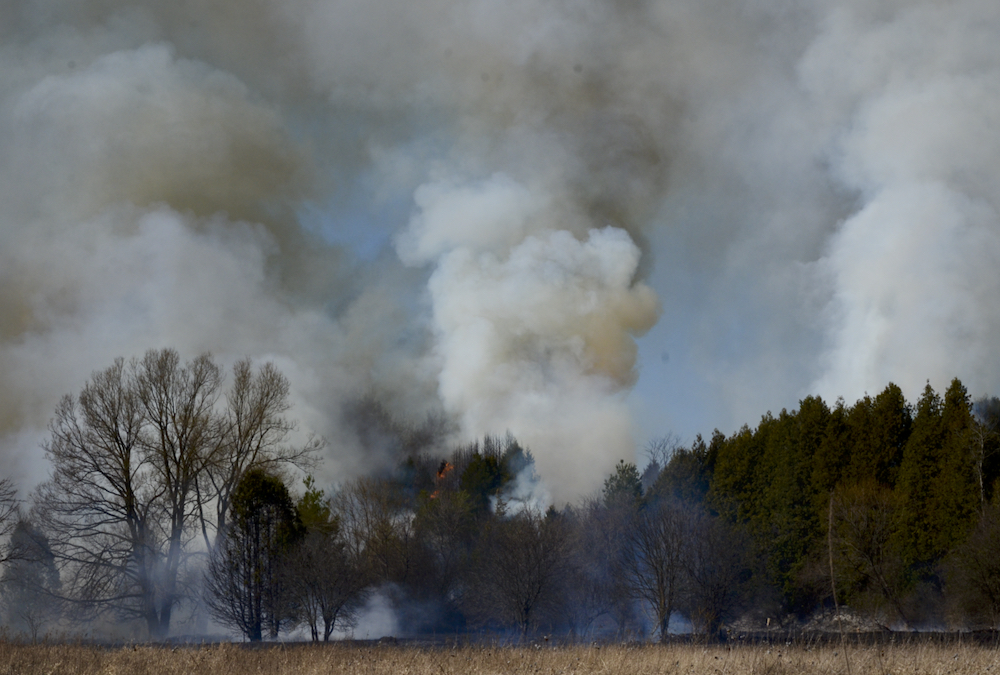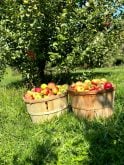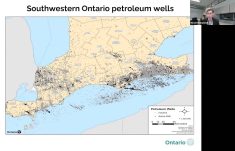Wildfire smoke and extreme heat are exposing many Ontario farmers to health risks when working outdoors.
Since June, Environment Canada has modified and updated heat and air quality alerts for Ontario almost daily, often advising people to stay indoors.
Why it matters: Farmers could put their health at risk by working outdoors in adverse conditions.
Read Also

Canada seventh-most influential country on agri-food
Report from Dalhousie University and MNP shows Canada ranks seventh among G20 countries on agri-food influence.
Workplace Safety & Prevention Services (WSPS) hygienist Gordon Pajuluoma told Farmtario that for farmers, this advice is difficult to follow.
“A lot of the precautions right now that are being offered are very much focused on limiting time outside,” said Pajuluoma, but that advice “may or may not be applicable to farmers because they have to be outside. There is no other option.”
Alternatively, he suggests they work on a cycle.
“Oftentimes when it comes to … thermal stress when it’s overly hot outside, we try and limit people to work/rest cycles. You know, cycling off of being in areas and then going inside, taking a drink to give (them) opportunity to cool off.”
Poor air quality should be treated with the same type of system.
READ MORE: What does wildfire smoke do to crops?
Dean Anderson, WSPS strategic advisor on agricultural initiatives, said it may be important to find ways to deal with only one issue at a time.
“Let’s say you’re a strawberry farmer. Maybe get up right at the break point of dawn and start harvesting early in the morning when it’s cooler,” said Anderson. “Or do it later in the day so you’re not compounding as much of the heat stress with smoke exposure.”
He said some traditional stoic attitudes toward farm work should be left aside when health could be at risk.
“Farming gets into this ‘get er’ done’ mode, and ‘get er’ done’ just isn’t always the best physically or health wise.”
Anderson added that employers should be aware of their workers’ health conditions when smoke is thick.
“If you’ve got workers who are being impacted, like say you’ve got a worker who’s got asthma, then you need to … accommodate them somehow.”
Respiratory protection is another safety measure.
“The N95 masks that we’ve been wearing through COVID are effective against this particulate matter that’s being produced by this wildfire smoke,” Pajuluoma said.
Particulates in smoke compare to dust in a grain bin in terms of the risk they pose.
“Particulates in the air are often categorized by the size fraction, how small the particulate is,” said Pajuluoma. “And while wildfire smoke is … a little bit smaller than the grain dust, they both have the ability to impinge quite deep into the lungs and affect the respiratory system.”
READ MORE: International help rolls in to fight unyielding Canadian wildfires
Grain Farmers of Ontario senior agronomist Marty Vermey said he has used masks in his own operation, even though it can initially be difficult to realize how much protection they offer.
“It’s funny, because when you go out there, you kind of smell it, but you think ‘oh, I’m not gonna get affected by it.’ Right? Once you try it, and it’s like ‘I can breathe better with a mask on,’ it’s … surprising.”
However, masks are not effective in every regard. Pajuluoma said wearing a mask outdoors may cause heat discomfort and possibly lead to dehydration. And while respiratory protection may be helpful against particulate matter in smoke, it will not necessarily protect against nitrogen and sulfur dioxide in the air.
“I wish I could give you an end-all, be-all ‘this is what an individual who works outside should do,’” said Pajuluoma. “And, you know, I’d like to think that if that silver bullet was out there to assist individuals on how to work outdoors, it would exist.
“But tragically at this point, they’re stuck between a rock and a hard place.”















